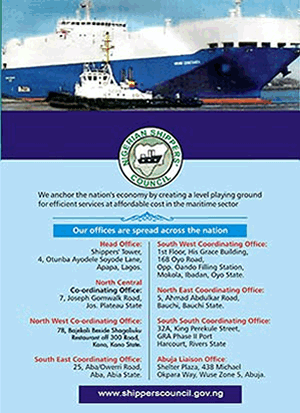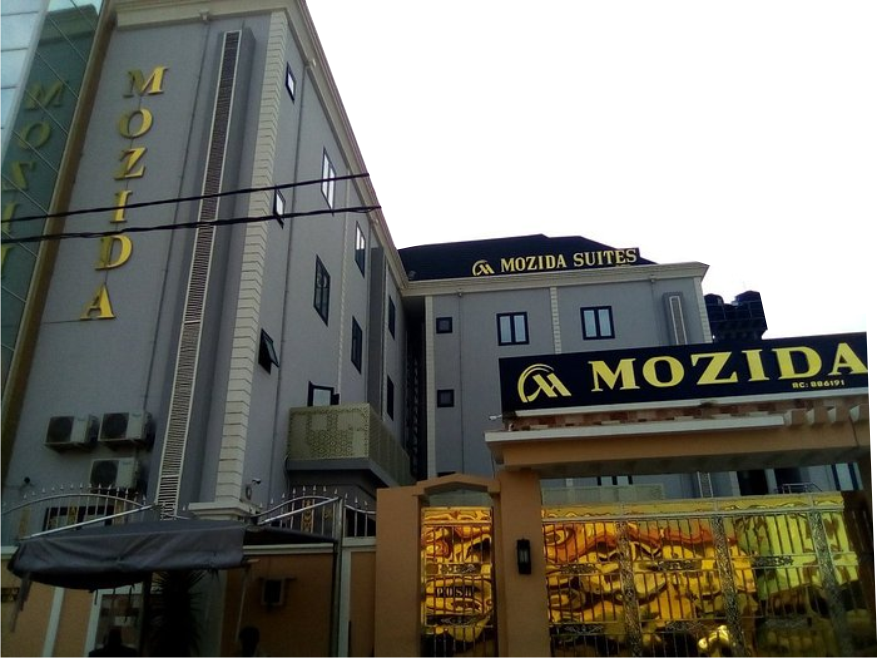
A dramatic scene unfolded in Abuja on Monday as police fired tear gas to disperse protesters demanding the release of detained IPOB leader, Nnamdi Kanu — a move authorities later defended as necessary to safeguard national assets and maintain public order.
The Force Public Relations Officer, ACP Benjamin Hundeyin, addressing journalists after the incident, explained that the protesters were restricted from gathering near strategic locations such as Aso Rock Villa, the National Assembly, Force Headquarters, Court of Appeal, Eagle Square, and Shehu Shagari Way — all designated “no-protest zones” by a subsisting court order.
“You see, the FCT is very big. You can protest anywhere and still make your voices heard,” Hundeyin told Channels Television’s Politics Today host, Seun Okinbaloye. “But there are critical infrastructures that must be protected. In the past, protests around these areas led to destruction of property. It is our duty to prevent that and maintain law and order — using all lawful means.”
Despite the warning issued a day earlier, hundreds of demonstrators converged near Transcorp Hilton and several adjoining areas early Monday, chanting solidarity songs and waving banners demanding Kanu’s release.
However, the peaceful atmosphere quickly turned chaotic as a combined team of police, army, and civil defence officers arrived, firing rounds of tear gas to disperse the crowd. Key routes — including those leading to Aso Rock, Eagle Square, Unity Fountain, and the Three Arms Zone — were swiftly cordoned off, with heavy security presence blanketing the Federal Secretariat area.
Protest organisers, led by activist and publisher Omoyele Sowore, condemned the police response as “an unprovoked assault on peaceful citizens.” Speaking on The Morning Brief, Sowore insisted that the organisers had duly notified the police about the planned demonstration.
“There was no provocation. We had just begun peacefully when they opened fire with tear gas and even live bullets,” Sowore alleged. “Some protesters and bystanders were dragged into police trucks. Among those arrested were Nnamdi Kanu’s younger brother and his lawyer — both beaten and taken to the FCT Command.”

The protest marks another flashpoint in the ongoing agitation for the release of Nnamdi Kanu, leader of the Indigenous People of Biafra (IPOB), who was first arrested in 2015, granted bail in 2017, and later fled the country following a military raid on his home in Abia State. He was re-arrested in 2021 and remains in custody, facing terrorism and treasonable felony charges.
As tempers flare and the #FreeNnamdiKanu movement regains momentum, Monday’s clash once again exposes the fragile balance between citizens’ right to protest and the state’s duty to preserve order in the nation’s capital.
ADVERTISEMENTS


















